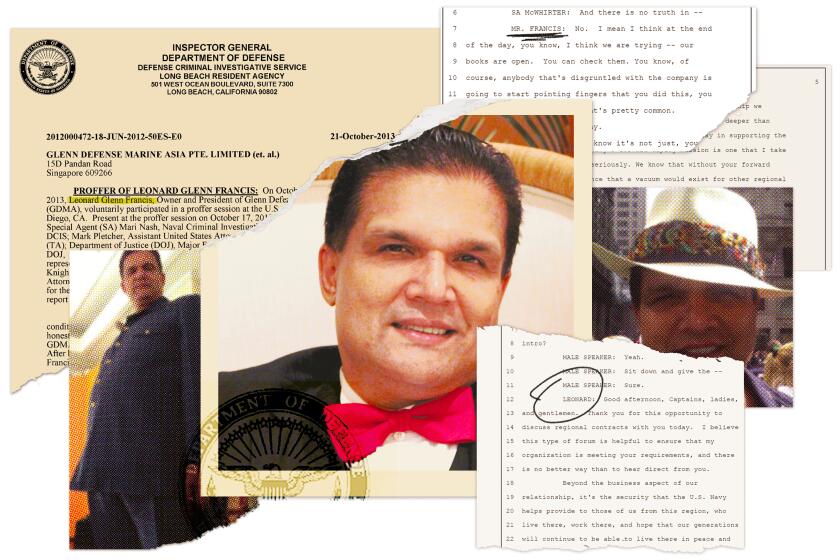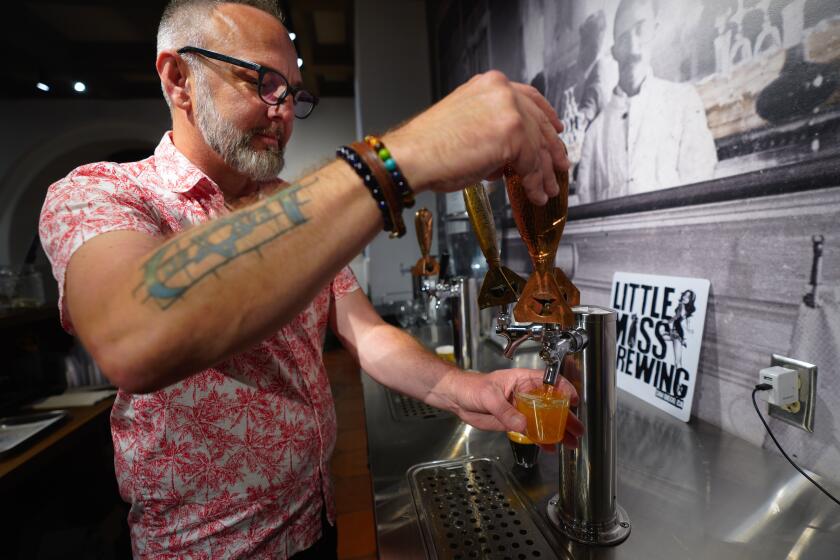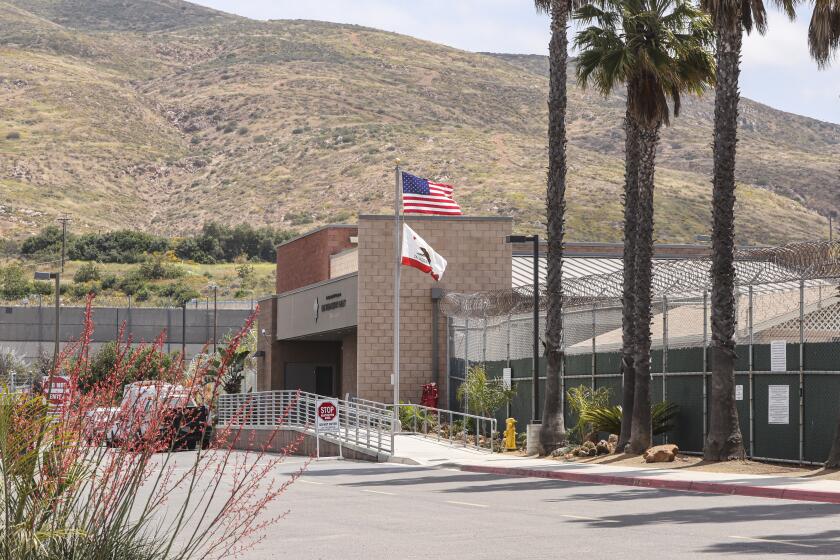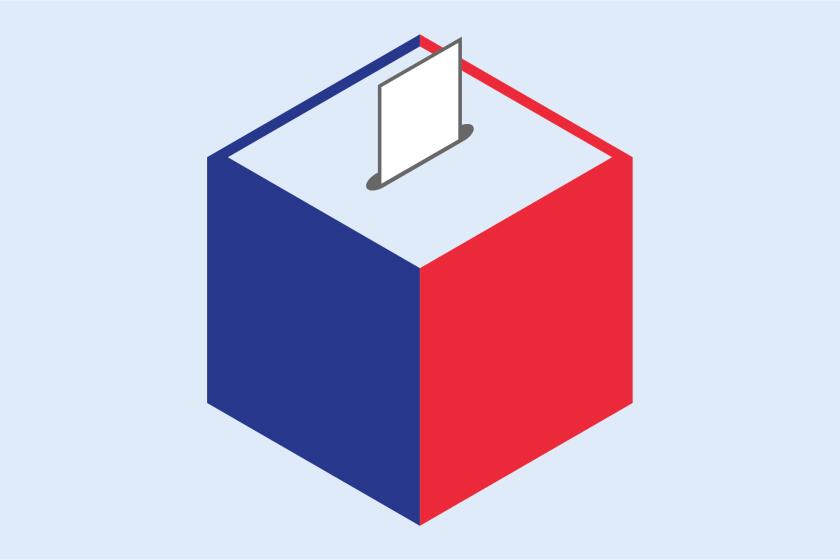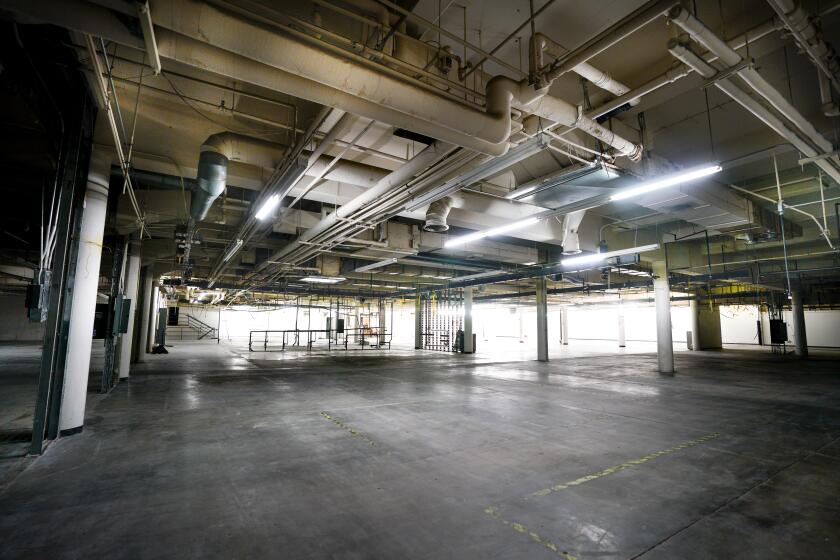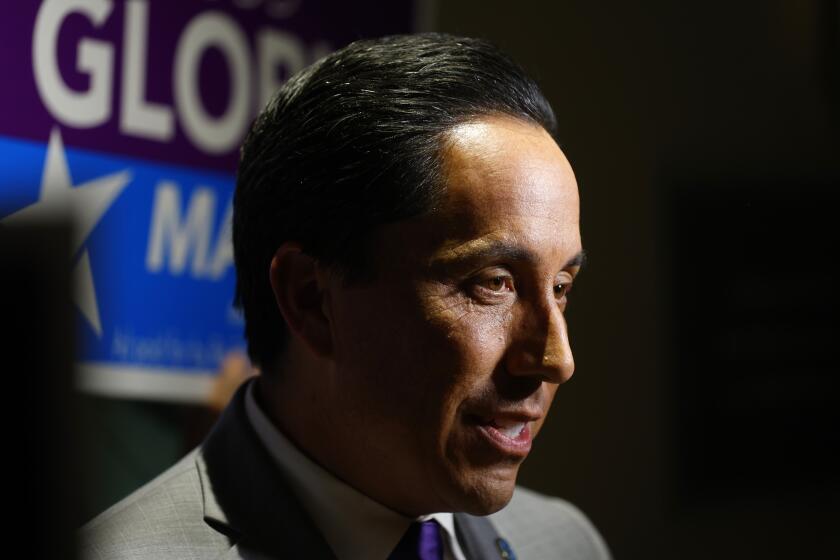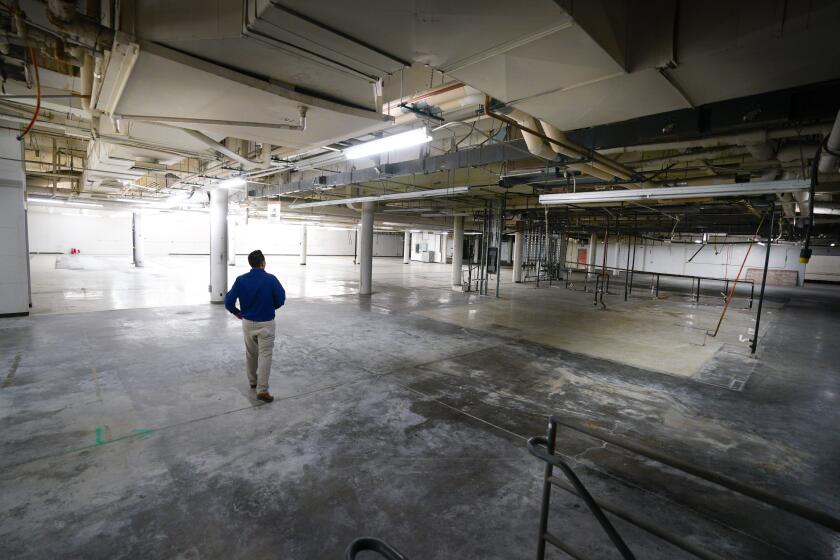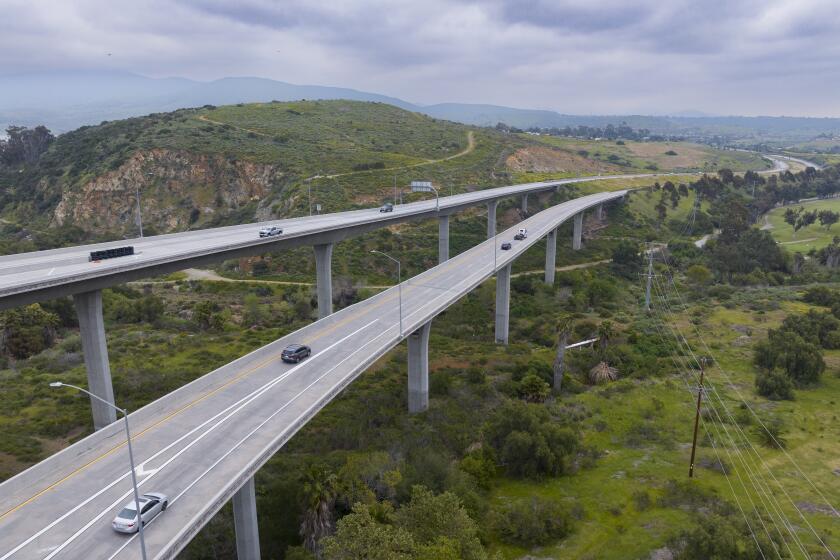License plate database will stay a secret
Businessman sued for trove of SANDAG information on him
View the Video License plate database to stay secret
A massive database recording the time, date and location of license plates spotted by mobile government scanners does not contain public records, and the keepers of the information don’t have to turn it over, a San Diego Superior Court judge tentatively decided Friday.
The records are kept by the regional agency known as the San Diego Association of Governments, for law-enforcement purposes.
The ruling by Superior Court Judge Katherine Bacal was a setback for entrepreneur Michael Robertson, who had sued in 2013 seeking all the license plate data the agency had on him in a database.
After a hearing Friday,Bacal said she would issue a formal decision in the coming days. After listening to about a half-hour of arguments from lawyers for Robertson and SANDAG, it appeared she would not substantially change her mind from a ruling she tentatively issued Thursday.
In that ruling, Bacal agreed with SANDAG lawyers that the records are used for law-enforcement investigations such as to locate stolen cars, and therefore can be withheld under the public records law.
She also concluded that the public interest in disclosing the information is outweighed by law enforcement’s need to keep it secret.
Robertson, founder of the MP3.com digital music service, said after the he would likely appeal if the judge’s final ruling went against him. He is unconvinced by the “investigative” exemption to state public-records law, since he is not under investigation — as far as he knows.
SANDAG maintains a database of license plates and the locations they were captured that are collected by a network of cameras mounted on police cars and on poles and other fixed locations.
The information is stored and used by police for stolen or wanted vehicles or other investigations. The system alerts police officers if a match is found.
Bacal said the information is “clearly being used in an investigative capacity in furtherance of law enforcement purposes.”
She said if the information was made public, it could be used by criminals to identify where cameras are stationed or what police are investigating.
Paul Boylan, the lawyer for Robertson, argued that claiming the records were protected under a blanket law enforcement investigation exemption was wrong. He said that the government should be required to decide on a case-by-case basis whether it can release license plate information to an individual who requests it — and not say all the information is part of an investigation.
Ross Trindle, a lawyer for SANDAG, said the law enforcement exemption is proper. He also said that the data contained in the system — a license plate number — is not personal information that Robertson is entitled to. The license plate number is connected only to a vehicle — not an individual. And the law has long recognized individuals have a lower expectation of privacy in their vehicles than elsewhere.
View the photo gallery: License plate reader technology
Watchdog
- Submit tips | Call 858-224-BARK | Facebook | Twitter | Google+
Get Essential San Diego, weekday mornings
Get top headlines from the Union-Tribune in your inbox weekday mornings, including top news, local, sports, business, entertainment and opinion.
You may occasionally receive promotional content from the San Diego Union-Tribune.

